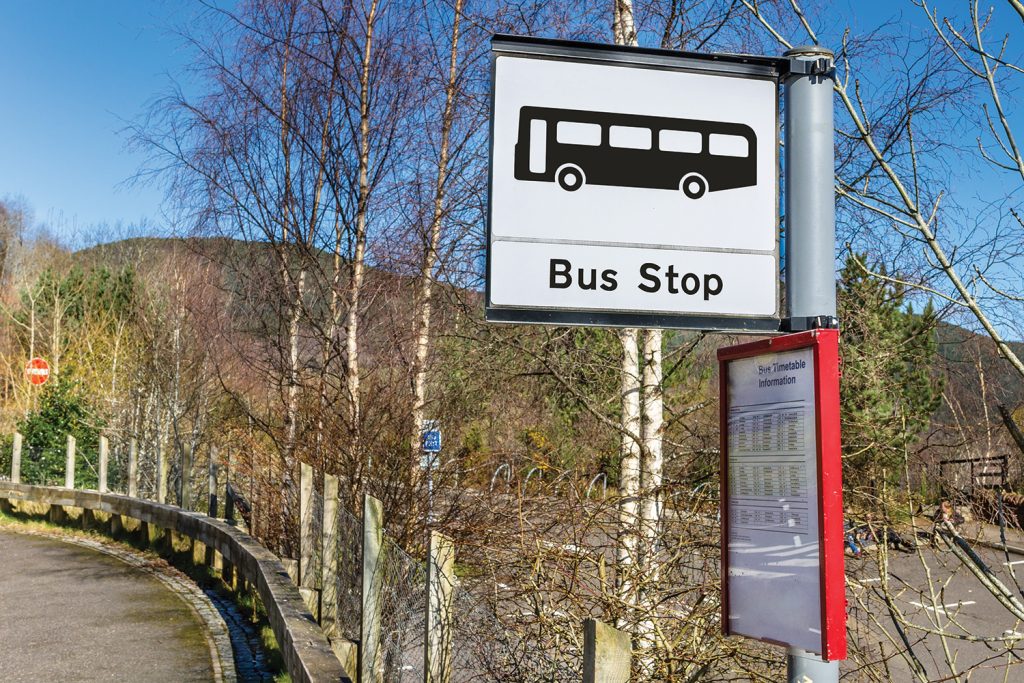A new LGA report makes the case for council powers on transport
Local transport is too often a barrier to economic inclusion. Jobs on industrial estates that can’t be reached either by bus, on foot or by bike safely; shifts that start before the first bus leaves or finish after the last bus has left; travel to college courses, which is expensive and time-consuming.
People in the lowest income groups are the least likely to have a car, so must rely, at least initially, on public transport, walking and cycling to access training and job opportunities.
Better local transport systems, integrated with devolved skills support, provide an opportunity for a place-based, user-centred approach to support economic inclusion and deliver on two of the Government’s five key missions: growth and opportunity. So says a new LGA-commissioned report from Pragmatix, which concludes that the benefits to individuals, local communities and the wider national economy of better local transport are substantial, especially at a time of tight budgets and labour markets.
The Government’s own ‘return on investment’ tool shows that helping someone back into work provides a £3,500 boost to their income, while national government benefits by £11,400 and wider society by £23,000.
Modelling for the report, based on UK data, finds that a 1 per cent improvement in public transport journey times could support a 0.91 per cent reduction in employment deprivation (that is, the share of people who are either looking for work or would look for work with the right support or offer). Reducing the share of households without access to a car could support a 0.77 per cent reduction in employment deprivation.
However, there is no one-size-fits-all approach to local transport, as the demands for transport vary across place – just as there is no one-size-fits-all approach to supporting someone into work.





Case studies included in the report (How local transport infrastructure influences economic inclusion) highlight how transport challenges vary across places. For example, in South Staffordshire, many smaller communities are not connected to bus or rail routes, making it difficult for residents to access education, employment and training.
In Northumberland, the number of workers in sectors with different shift patterns, and the mismatch between public transport schedules and the needs of workers, is a major concern.
In Nottingham, 7 per cent of 16 to 17-year-olds are not in education, employment or training. While the city enjoys frequent and efficient transport links serviced by both buses and trams, the persistent challenge of expensive transport, especially for the most disadvantaged, is a concern.
In the London Borough of Lambeth, which is served by good bus, underground and rail links, day-to-day difficulties reaching work were not identified as a common challenge. The research highlighted other issues for residents, including concerns about safety and affordability.
In East Lindsey, meanwhile, a lack of transport options means residents cannot readily access healthcare and, therefore, become economically inactive because of ill health for longer periods.
“Local government is the cornerstone organisation to convene local employers, transport operators and skills providers”
The Government has just opened up automatic franchising powers to all councils, beyond the mayors empowered by the Bus Services Act 2017, and the new Buses Bill will make the franchising process easier, improve statutory ‘enhanced partnerships’, and enable the creation of new municipal bus companies. But current funding arrangements restrict councils’ ability to use their powers to tailor local transport investment and spending to local need and opportunity.
Similarly, the employment and skills system is centralised and fragmented. This makes joining up policies difficult across a place.
Despite this, councils are working within the confines of a patchy system to bring services and strategies together to provide place-based integration of local skills interventions, spatial strategies and economic development that put the user at the centre of policy.
Local government is the only constant in an ever-changing employment and skills landscape. We are the cornerstone organisation to convene local employers, transport operators and skills providers to support users.
The LGA has set out its Work Local offer to improve employment and skills services locally, to boost growth and widen economic inclusion across all ages.
We want to see councils given equivalent control and flexibility over local transport policy, for which they have similar responsibilities but not the requisite powers or funding to deliver.
The LGA’s local transport report calls on the Government to help councils bring down the barriers to economic inclusion by providing:
- sufficient devolved and flexible local transport funding, so councils can invest in transport to respond to local circumstances and opportunity, rather than reflect central government funding pots
- devolved and flexible funding for employment and skills to deliver Work Local
- multi-year funding settlements to enable ambitious plans and effective coordination among local partners
- a comprehensive settlement for councils to address complex local challenges, including economic inclusion, across transport, employment, skills, and beyond.
- Find out more about the LGA’s work on employment and skills.